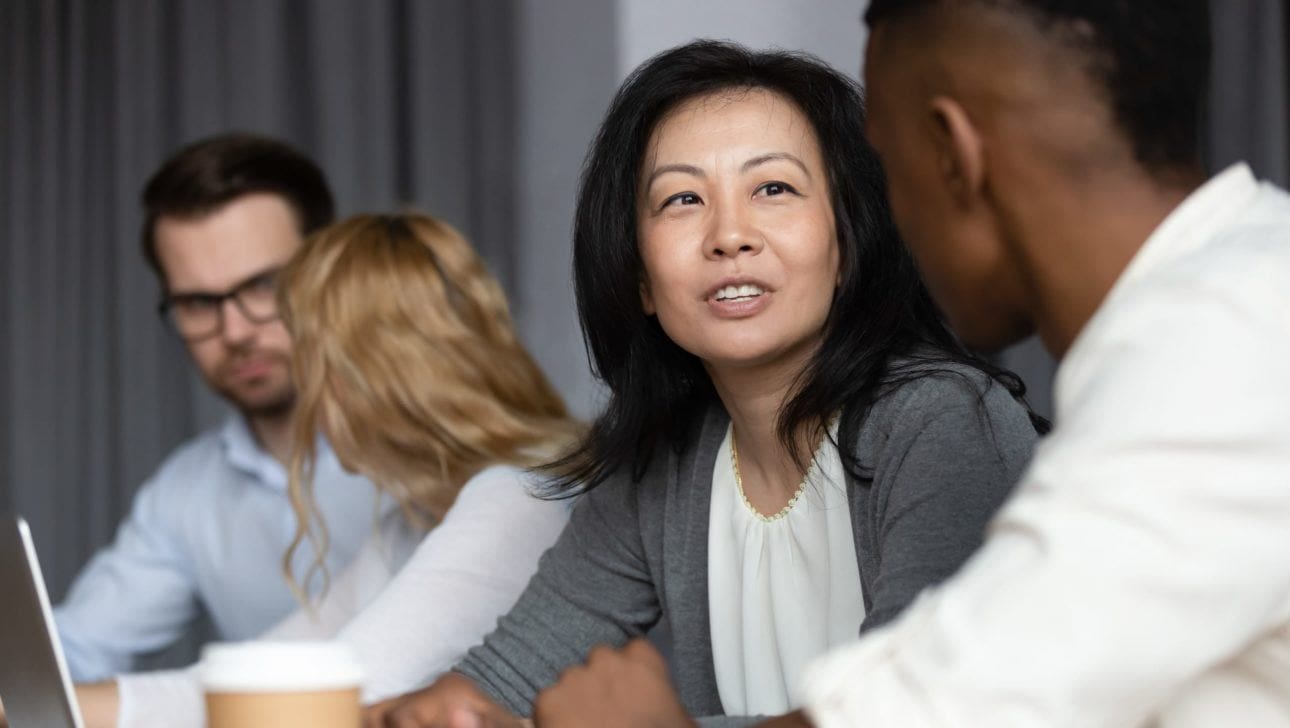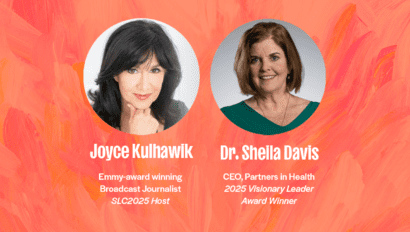Research & Insights

An esteemed tenured professor and senior leader with whom I work recently shared in a meeting that while he has been called “the diplomat” and the “consensus builder” that this behavior is largely how he has managed his own safety.
“As a black man – and regardless of my role or title or level of education -I have always had to be aware of my safety. Just by looks alone, my life is in danger. I found that being the approachable diplomat was the best way for me to stay in safety.”
I sat silent – watching this confession via a Zoom meeting of about twenty colleagues. My eyes teared up and I thought to myself “what must it be like to walk out the door fearful of your safety?” “When he walks, he must be scanning for possible threats.” Oh my, oh my.
I have friends who are mothers to black boys and young men who have shared their fears with me. Over the years, I have watched interviews on television and read reports about racial biases (like how it isn’t uncommon for a white person to cross the street when a black man walks toward them). All of these efforts have been aimed at “awakening others.” My heart has ached over it all. But the day my colleague shared his story, I lingered in his perspective for a good while and have come back to it many times since – mentally walking alongside him in my mind thinking “what does he see? What is his experience?”
My own conviction about standing for compassion and respect and fostering equity multiplied tenfold that day. I wasn’t confused about why: I felt the magnificent power of empathy. This felt experience of empathy reminded me that change (be that individual, organizational or societal) doesn’t happen successfully if there is an absence of empathy.
The generally accepted definition of empathy is the ability to sense other people’s emotions, coupled with the ability to imagine what someone else might be thinking or feeling. Most importantly, our ability to identify and understand other people’s emotions (perspective taking) is essential should we wish to influence others.
Most of my written work has been about cultivating self-compassion (and compassion for others) despite our own and others’ foibles. I have shared a practice that I learned that helps me return to this place of compassion for self and others (when I feel down about myself or annoyed/angry/disappointed/ frustrated with another).
While I maintain that engaging in an intentional and purposeful moment-to-moment practice of compassion for self and others is a worthy pursuit, we need to also practice the intentional pursuit of cultivating the muscle of empathy. This means we leaders need to slow down and “be” with others. Should we wish to see a needed change in how we humans treat and advocate for one another, then we have no choice. We leaders must school ourselves in empathy.
For those who are confused about empathy vs sympathy, I love what Brene Brown has to say on the matter. She explains that sympathy is to see someone in a deep hole, but remaining on higher ground and talking to them from above. The sympathetic person may also try to simply put a silver lining on the other person’s situation instead of acknowledging the person’s pain. Conversely, empathy is feeling with the person, it’s climbing down the hole to sit beside them, making yourself vulnerable to sincerely connect with them. The empathetic person will recognize the person’s struggle without minimizing it.
If leaders are to create more inclusive environments, organizations, teams, cultures, or relationships we must do our part to sit beside others and feel with them. Our change efforts – always fueled by stories – will be impacted beyond measure and our progress will accelerate. Without empathy, we won’t get to our desired states of inclusion.
So, as a fellow leader-in-learning, I will bravely reach out to my colleague this week and ask if he and I can talk more. I want to (virtually) sit beside him – if he’s open to it – and connect with him about what it is like being him. Surely my advocacy for equity, for black lives, and for inclusion will be of a greater impact if I do.




